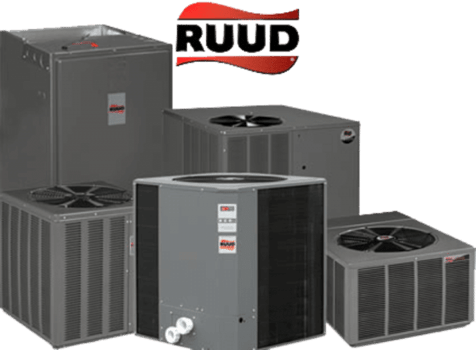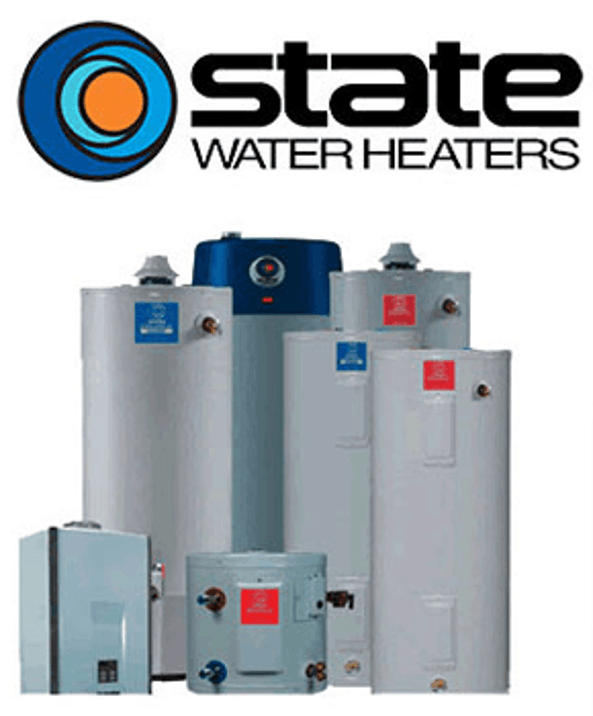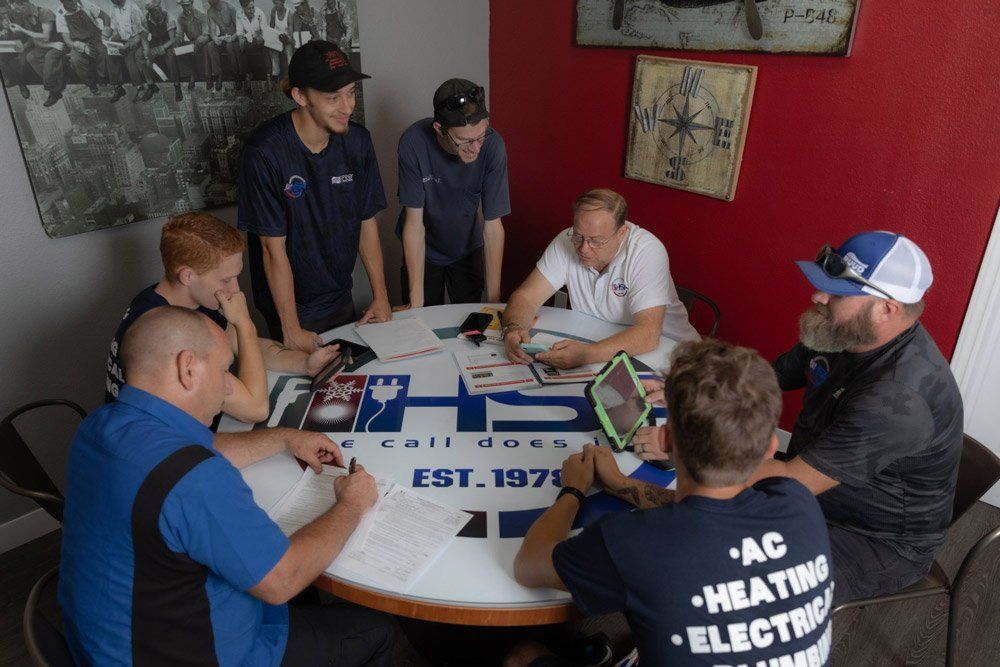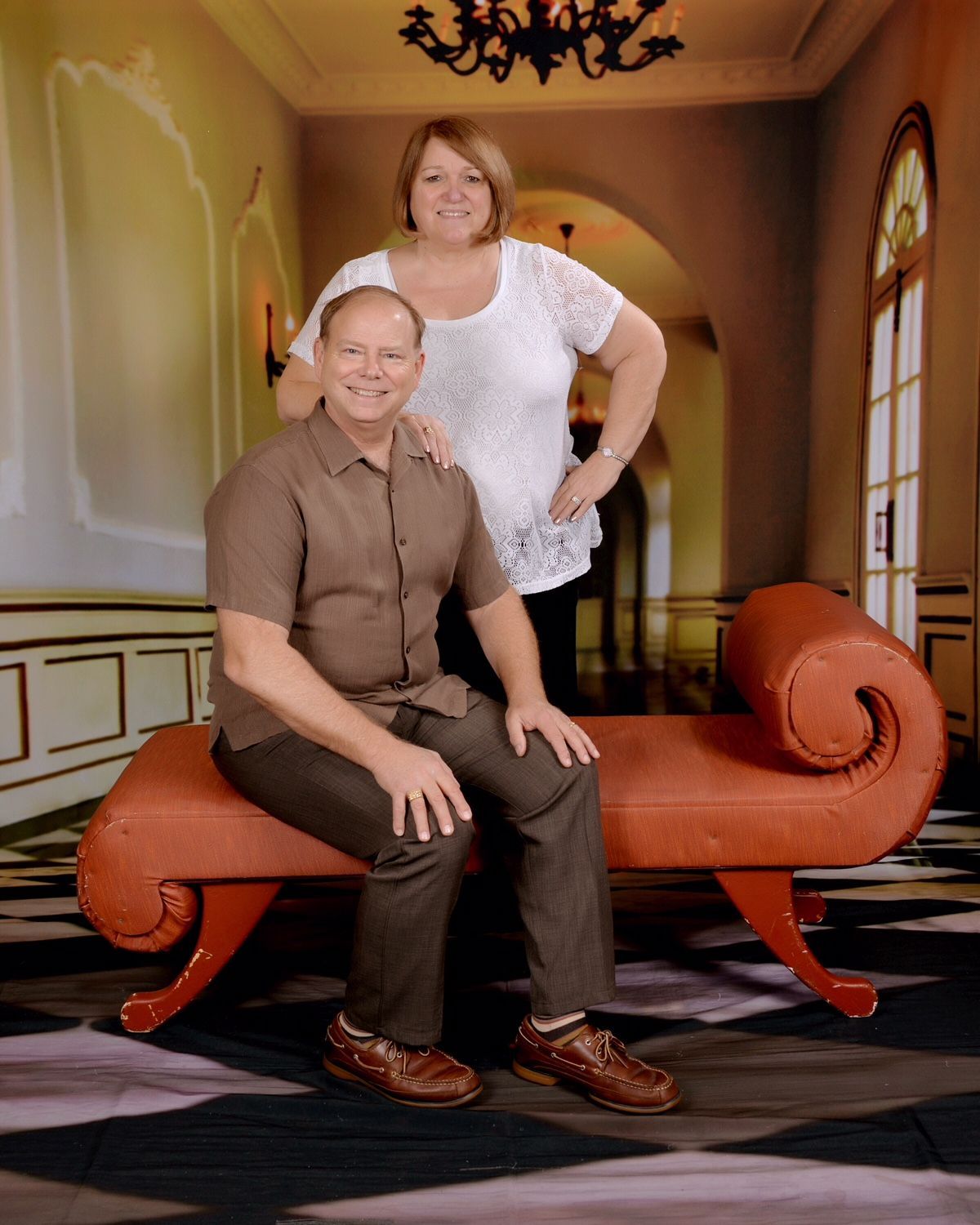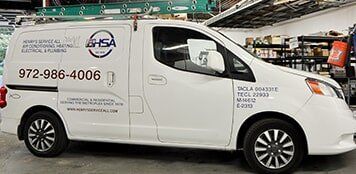4 Possible Causes of Furnace Short Cycling
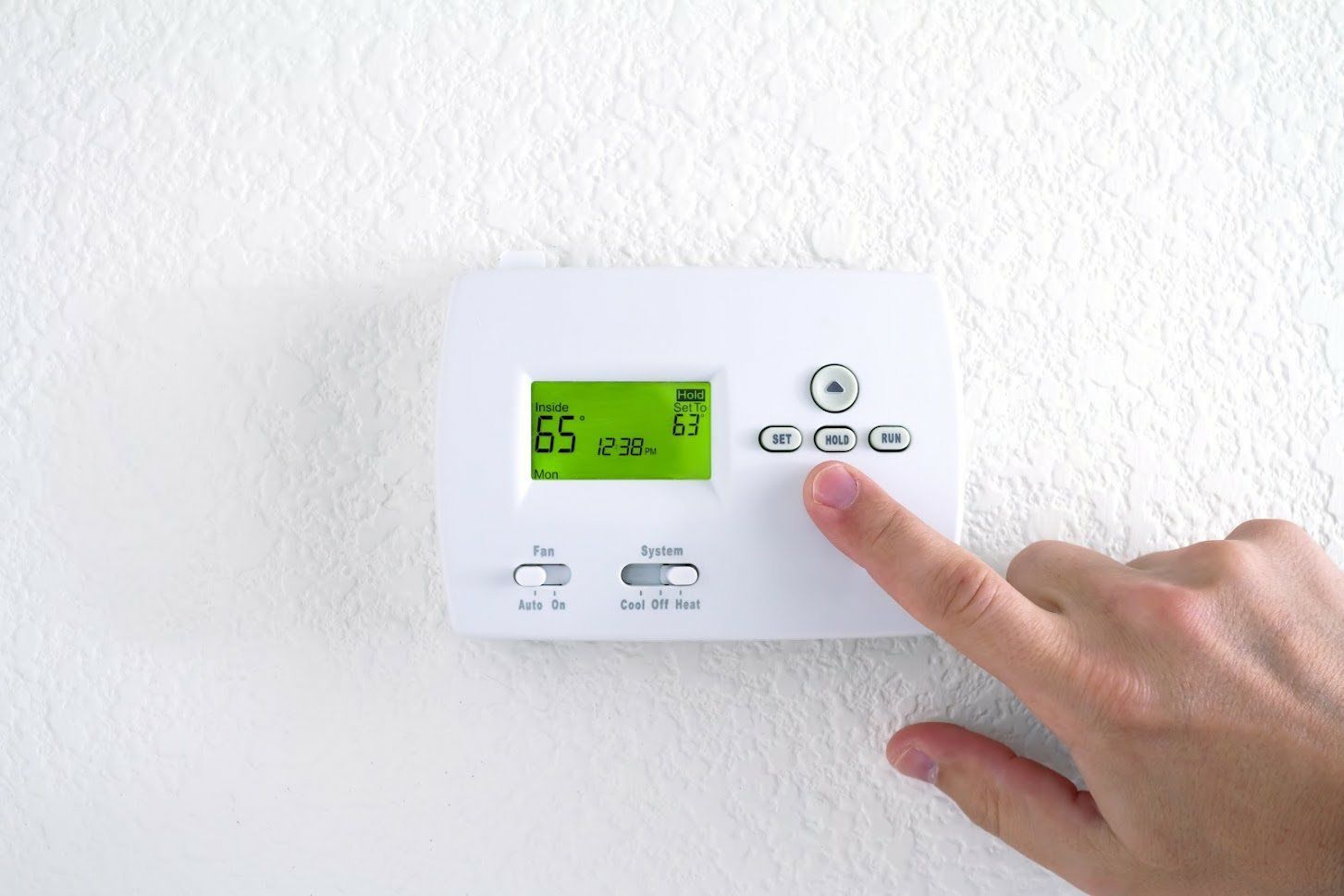
Furnace short cycling is a problem that occurs when your furnace starts up and shuts down too frequently. Short cycling can raise your energy bill, increase wear and tear on your furnace, and prevent your home from heating to a comfortable temperature.
A variety of furnace issues can lead to short cycling, and pinpointing the cause in your own HVAC system isn't always easy. Discover four possible causes of short cycling that you may want to investigate in your furnace.
1. An Overheating Furnace
Furnaces can quickly overheat without a careful balance of airflow. Several places in your system can form airflow bottlenecks and increase the risk of your furnace overheating.
A dirty furnace filter is one of the most common culprits, so be sure to clean your furnace filter monthly to keep air moving smoothly. Crimps and blockages in your ductwork are another source of blocked airflow that can cause overheating, so inspect your ducts each year.
An alternative cause of furnace overheating is dust buildup inside the furnace itself. Dust creates an insulating layer that traps heat, but you can avoid this problem by cleaning your furnace filter and scheduling regular duct cleanings. Your furnace filter is the most important element in your HVAC system to protect your furnace from dust.
Overheating is related to short cycling because your furnace will shut off as a safety measure when overheating is detected. Failure to address the problems causing overheating will lead to continual short cycling and may potentially pose a fire hazard for your home.
2. A Faulty Thermostat
Sometimes, the problem causing your furnace to short cycle isn't in the furnace at all. A faulty thermostat could send the wrong signals to your furnace, causing it to cycle in incorrect intervals. Mechanical thermostats may fail due to rust, while digital thermostats sometimes suffer from faulty circuit boards after years of use. Both types of thermostats can malfunction and cause short cycling if you have a problem with the wiring leading to the thermostat.
An HVAC technician can determine if your thermostat is faulty or if a simpler solution like relocating the thermostat may be appropriate. Thermostats can send incorrect signals if they are too close to vent registers, fireplaces, drafty windows and doors, or other sources of temperature fluctuations.
3. A Malfunctioning Flame Sensor
The flame sensor is a key safety component inside your furnace that detects that a flame is present when your furnace turns on and the gas valves open. If the flame sensor doesn't detect a flame, the valves will close to prevent a dangerous gas leak and your furnace will shut down.
Your flame sensor can fail and force your furnace to shut down if it has corrosion or other damage. Fortunately, you can often simply replace the flame sensor to restore your furnace to normal function. An HVAC technician can confirm that the sensor has failed and replace it with an identical model.
4. An Oversized Furnace
If you have always had problems with your furnace short cycling, you may not have the right size furnace for your home. An oversized furnace will often heat your home too quickly, and your thermostat will shut your system off before it has time to distribute heat evenly through every room.
The optimal furnace size to heat your home evenly and prevent short cycling will depend on your climate region and the square footage of your home. You can use an online calculator tool to estimate the correct furnace size in BTUs, or you can hire an HVAC contractor to size a furnace for your home.
Short cycling can have a major impact on comfort in your home, but it's not a problem you have to live with. Call the professional team at Henry's Service Allso we can help with all your HVAC needs.



